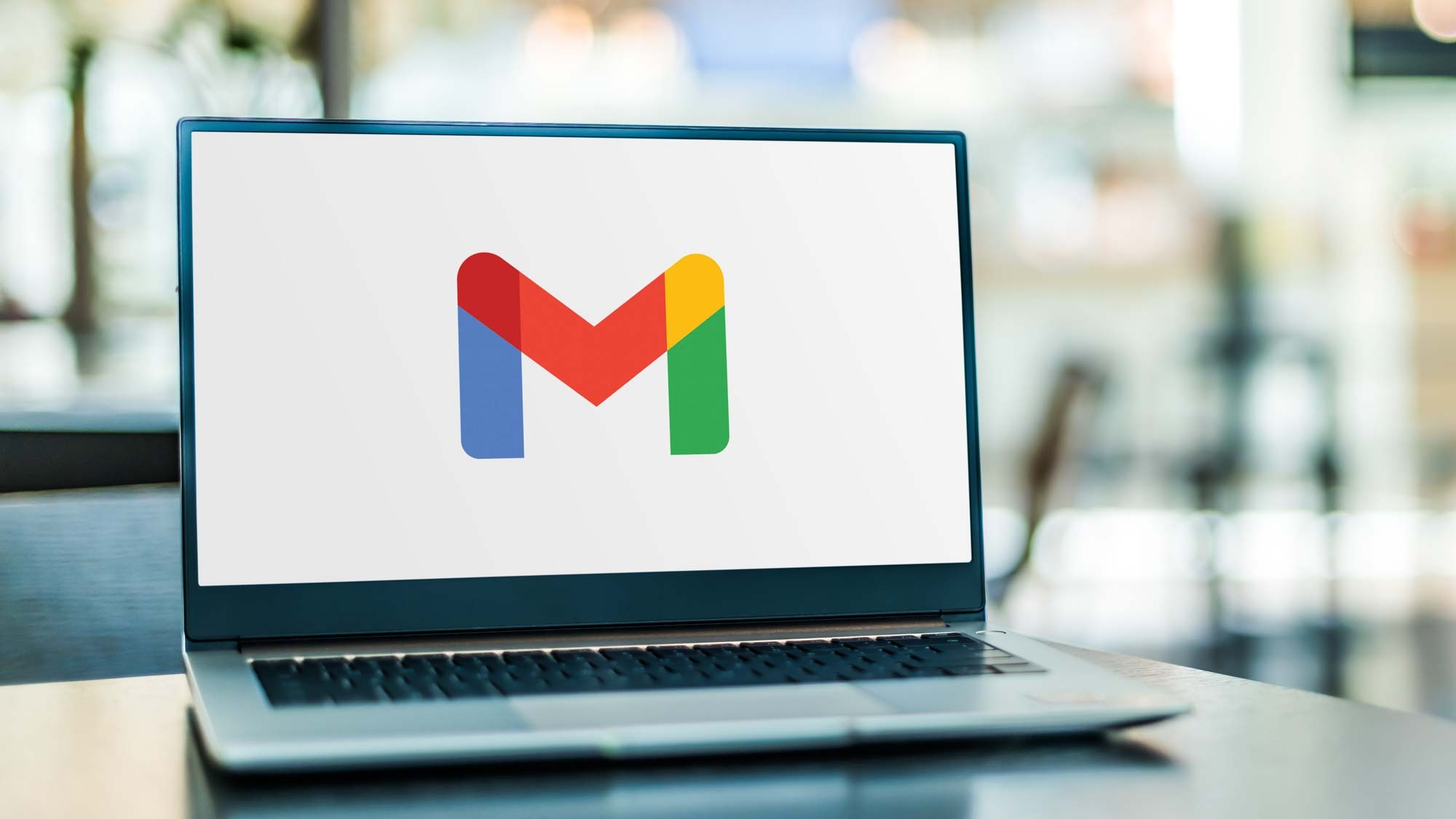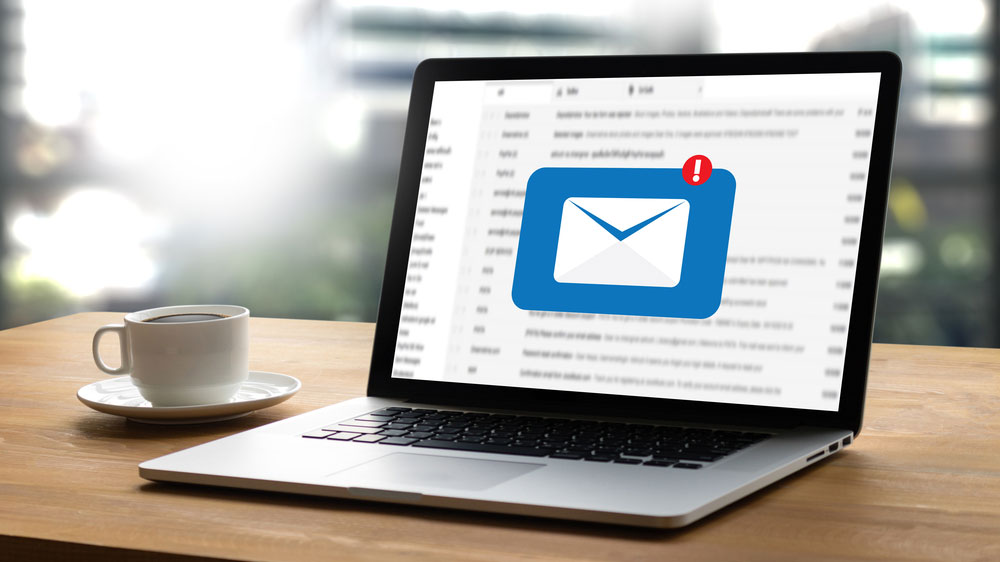
Hackers are now impersonating Google in a new email scam currently making the rounds online.
Like other email scams, this one begins with a message designed to trick unsuspecting users into opening it. The email itself claims to be a congratulatory message from the Google Search team but you’ll want to avoid it since clicking on the link it contains could allow hackers to steal your personal and financial data.
While most people are well aware of the dangers posed by emails from unknown senders, this message might take some Gmail users by surprise as it appears to come from Google’s own employees. However, hackers often impersonate popular brands in their attacks and this is another instance where they’ve done just that.
Not so lucky
This new email scam begins with an email with the subject line “You’ve made the 18.25-billionth search!” according to Chronicle Live.
From here, the message, which was posted online, goes on to explain that the recipient is “the lucky Google user” and that a “thank-you gift” is sent out after every 10 millionth search worldwide.
Under the message there’s a picture of a trophy with a star on it and a “SELECT” button that users are urged to click on to claim their prize. Just like with other scams, there’s no prize to be had by clicking on the link. Instead, it provides a simple way for hackers to steal your personal data which could then be used to commit fraud or even identity theft.
If you see a similar message in your inbox, you should avoid clicking on it and delete it right away. Unfortunately, companies often use email for giveaways, which is why some people may fall victim to this scam despite the fact that the message itself clearly isn’t from Google.
How to stay safe from phishing scams

Phishing scams are one of the easiest ways that hackers can gain access to your personal and financial information. Unlike with malware or malicious apps, the hackers behind these scams don’t have to trick you into installing any software. Instead, they use your emotions against you to trick you into clicking on links or downloading attachments.
For this reason, you don’t want to rush when checking your inbox as hackers and other scammers often try to instill a sense of urgency in their phishing emails. They want you to get upset or stressed so that you’ll do what the message says without thinking about it first. This is why you always want to try and keep a level head when dealing with phishing emails.
Likewise, you also want to look out for clear red flags like misspelled words or poor grammar. At the same time, you want to check the sender’s email address to make sure that it’s correct. Even then though, hackers often impersonate popular brands in their phishing messages by spoofing a company’s email address.
Finally, you want to remember that most businesses rarely ask for personal or financial information over email. This is another sign that a message may not be genuine and could in fact be a phishing scam.
To protect your computer from malware and other viruses that could be installed as the result of opening a phishing email, you want to install the best antivirus software on your PC, the best Mac antivirus software on your Mac and one of the best Android antivirus apps on your Android smartphone.
This likely isn’t the last time we’ll see hackers impersonating Google in their attacks due to just how ubiquitous Google Search has become.







